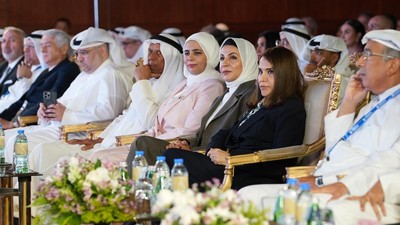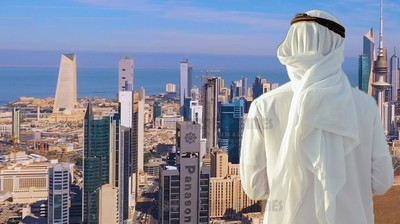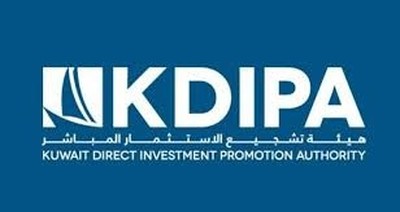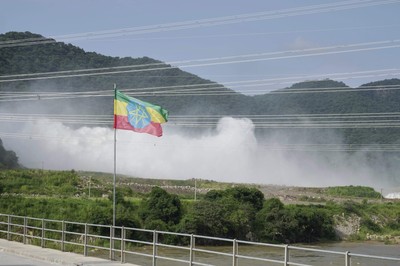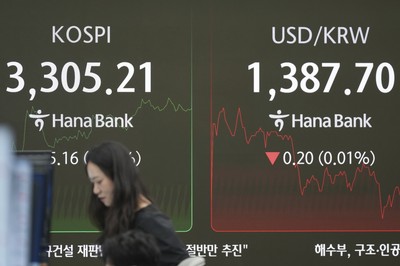KUWAIT CITY, May 18: Ms. Shaikha Al-Bahar, Deputy Group CEO of National Bank of Kuwait (NBK) stated that Public-Private Partnership (PPP) has become a national necessity, emphasizing that it represents the cornerstone of Kuwait’s future economic and developmental trajectory.
Al-Bahar noted that PPP projects are a key pillar in realizing Kuwait Vision 2035 and the country’s broader development objectives, contributing to the creation of sustainable value for the national economy.
Her remarks were delivered during the opening of the “Third Kuwait PPP Conference (PPPKW3)” held under the patronage and in the presence of Eng. Noura Al-Fassam—Minister of Finance, Minister of State for Economic Affairs and Investment, and Chair of the Higher Committee for Public-Private Partnership Projects—with the participation of public and private sector institutions, alongside key regulatory authorities.
In her address, Al-Bahar highlighted that Kuwait’s PPP model offers promising opportunities, particularly in the energy, infrastructure, logistics, and healthcare sectors. She pointed out that such partnerships can play a vital role in diversifying Kuwait’s economy by fostering cooperation in sectors such as renewable energy, technology, and tourism—opening new avenues for growth, generating job opportunities for Kuwaiti youth, and enhancing Kuwait’s regional competitiveness.
Long-term Partnership
“At NBK, we take pride in being a long-standing partner in Kuwait’s national development journey, having financed and supported some of the largest infrastructure and public sector projects in the country’s history. As Kuwait’s leading financial institution, we remain steadfast in our commitment to advancing partnership initiatives by leveraging our deep market insight, decades of experience, and robust network of international partners to drive successful project financing and execution.”
She explained that NBK’s role is not limited to financing but extends to combining regional expertise, investor confidence, and collaborative efforts to propel the progress and prosperity of the national economy. She emphasized the bank’s unwavering commitment to this role, noting its contribution to facilitating the success of partnership projects through innovative financing solutions, advisory services, and capital markets offerings. She also reiterated NBK’s full readiness to support upcoming partnership initiatives—particularly those focused on sustainability, which the bank considers among its top strategic priorities.
Huge Potential
Despite Kuwait’s abundant financial resources, Al-Bahar emphasized that navigating the accelerating global complexities requires an innovative approach and a strong framework that leverages the private sector’s efficiency, expertise, and capital to fund world-class infrastructure, enhance public services, and drive economic diversification. She underscored Kuwait’s immense potential to build a future-ready economy underpinned by cutting-edge infrastructure.
She added that partnership projects have the potential to take the lead in key sectors, including transportation, smart cities, social development, healthcare, education, housing, renewable energy, technology, and tourism.
Regulatory Framework
“To ensure the continued success of partnership projects and to maximize their effectiveness in driving national economic growth, it is essential to develop a solid regulatory framework, and a supportive environment built on streamlined decision-making, well-defined legal structures, and transparent procedures,” Al-Bahar stated. She stressed that ongoing dialogue and cooperation between the public and private sectors are vital to improving these frameworks and fostering an environment conducive to successful partnerships.
Furthermore, Al-Bahar praised the recent regulatory reforms and Kuwait Public-Private Partnership Authority’s efforts to streamline procedures and foster viable partnership models. She recognized that these advancements are crucial for enhancing Kuwait’s competitiveness, while also highlighting challenges related to regulatory clarity, governance, and risk-sharing. She called on all relevant stakeholders to act swiftly and collaboratively to address these issues and attract both local and international investments.
She further stated that PPPs should evolve beyond traditional infrastructure to encompass areas such as education, digital transformation, healthcare technology, and renewable energy. She reaffirmed NBK’s commitment to playing a central role in this journey by mobilizing capital, fostering innovation, and advancing sustainable development in line with Kuwait Vision 2035.
Al-Bahar concluded her speech by addressing attendees from both the public and private sectors, stating: “Let us seize this opportunity as a starting point for collective responsibility in shaping a future where innovation flourishes and the well-being of our beloved country is safeguarded. Together—government, private sector, and financial institutions—let us work to build a stronger, more diversified, and inclusive Kuwaiti economy.”
Kuwait 3rdConference for Public-Private Partnership, held over two days, brings together a wealth of international, regional, and local expertise. The event’s program provides valuable insights into best practices, industry standards, and practical experiences in PPPs, equipping stakeholders to address potential challenges and empowering relevant authorities to identify and implement effective solutions.

 Latest News17 hours ago
Latest News17 hours ago
 Latest News18 hours ago
Latest News18 hours ago
 Latest News15 hours ago
Latest News15 hours ago
 Latest News14 hours ago
Latest News14 hours ago
 Business22 hours ago
Business22 hours ago
 Latest News8 hours ago
Latest News8 hours ago
 Latest News10 hours ago
Latest News10 hours ago
 Politics18 hours ago
Politics18 hours ago
